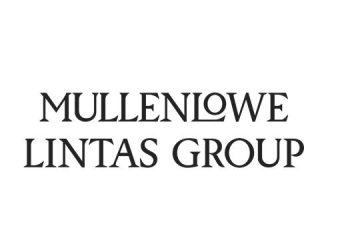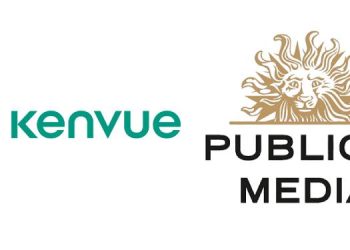Mumbai: A study commissioned by the Advertising Standards Council of India (ASCI) and the Indian Society of Advertisers (ISA), and conducted by Nielsen, shows a high level of trust in advertising. Maintaining and growing trust in advertising by ensuring honesty and truthfulness has been the core focus of ASCI, which was founded with the support of ISA.
The Trust in Advertising study was conducted with people across age groups in20 centres in India, including metros, smaller towns and rural areas. The study found that eight out of 10 people trusted advertising messages across media.
TV (94%) was the most common medium for consumption of advertising, followed by digital (82%), print (77%) and radio (29%). Viewership of TV ads is driven by non-metro markets. Interestingly, viewership of ads on digital is the same in rural (82%) as it is in metros (83%). According to Prasun Basu, Global Head, Strategic Alliances and New Verticals Nielsen, this demonstrates the growing importance and centrality of this medium in the hinterland.ASCI spotted early that the growing consumption of digital content and advertising pointed to a permanent change in consumer behavior and marketing. Accordingly, it set up robust monitoring mechanisms for digital platforms alongside its monitoring of print and TV advertising. It now scans more than 3,000 digital platforms for misleading messages.
Advertising seen on traditional media continues to enjoy high trust amongst consumers. Advertising in newspapers (86%) emerged as the most trusted, closely followed by that on TV (83%) and Radio (83%). Text/SMS ads were the least trusted at 52%.
In terms of shifts, consumers put greater trust in advertisements consumed on TV, print, radio, social media, outdoor and search engines as compared to what they did in a similar survey conducted by Nielsen in 2015, but there is a fall in the percentage of consumers trusting text messages over this period(58% vs. 52%)
Among sectors, audiences displayed a very high level of trust for advertisements of educational institutions at 82%. This is possibly because culturally, Indians have a strong belief in education as a means to secure their future. Ironically, ASCI finds that a significant portion of misleading ads come from the education sector. ASCI, therefore, has a high focus on education sector advertising.

“ASCI’s job of monitoring the education sector is even more crucial, given these findings. In India, the poorest of people prioritize education spends over other necessities. Most educational institutions promise job guarantees or make false claims of being the No 1 or guaranteeing 100% placement without any objective data or evidence. We are doing our best to make sure that such false advertising is removed from the market,” said Manisha Kapoor, Secretary General, ASCI.
Home care products such as detergents, mosquito repellents, etc. as a sector also enjoys relatively higher trust levels. However, real estate advertisements were amongst the least trusted by consumers.
About 70% of the respondents said they trust advertisements which are endorsed by celebrities.
In terms of taking action when they see a misleading or offensive advertisement, about a third of consumers are likely to discuss thiswith their family/friends, another third take some action by posting it on social media, or reporting the same. However, almost 30% of consumers do not take any action. This, too, is a major focus area of ASCI. It has used every tool available to make it easy for consumers to point out misleading claims in advertisements. Consumers can lodge complaints on its website (www.ascionline.org), or via email ([email protected]) Consumers can also send their complaints via WhatsApp (7710012345).
As the self-regulatory body of the advertising industry, ASCI has over the past 35 years, established codes and guidelines to promote ethical and responsible advertising and, consequently, ensure high levels of consumer trust. These codes and guidelines have evolved with time, keeping pace with the changing marketing and consumer landscape.
Kapoor said: “I thank ISA for being a joint convener of the Trust in Advertising study. ASCI feels responsible for not only maintaining consumer trust in advertising but also guiding brands to advertise honestly and impactfully. Consumer trust and brand reputation are some of the most valuable assets an organization owns, and honest advertising is a key to building brand value over the long term. This is the basis of self-regulation. This study has revealed some very interesting findings that will help brands understand where they need to do more work in the area of building trust levels with consumers. For ASCI, an independent self-regulator, there are several insights that will help us engage better with consumers.”

According to Sunil Kataria, Chairman of the ISA, “Brands are built on the back of long term communication with consumers and audiences. It is in the advertisers’ own self-interest to make sure that all communication is honest and truthful, so consumers can trust advertising messages, and thereby, brands. This study helps advertisers, agencies, media owners and planners understand what works well and introspect on what needs improvement”
The detailed findings of the study are enclosed, click here to read the report.

















